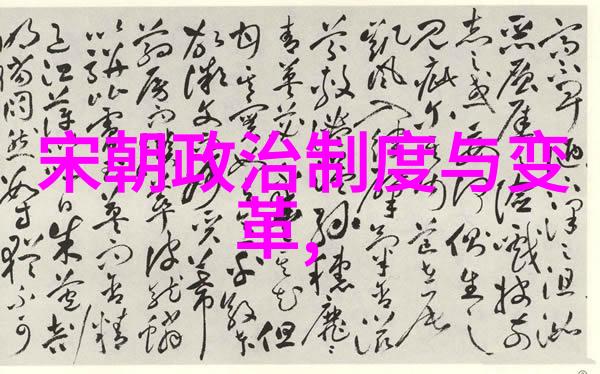The Epic Quests of Chinese Mythology Unveiling the
The Celestial Bureaucracy: A Pantheon of Gods and Goddesses

In ancient China, the pantheon of gods was a complex bureaucracy with multiple layers. At the pinnacle stood the Jade Emperor, ruler over heaven and earth. Below him were various deities who governed different aspects of life – agriculture, war, prosperity, and more. This celestial hierarchy served as a model for earthly governance.
The Monkey King's Journey to Immortality

Sun Wukong, also known as the Monkey King or Great Sage Equal to Heaven, is one of China's most beloved mythical characters. Born from a stone through meditation and discipline, he gained supernatural powers including flight and strength rivaling that of a thousand men. His adventures in search for immortality are immortalized in 'Journey to the West,' an epic novel that has been translated into numerous languages worldwide.
Chang'e: The Moon Goddess

Chang'e is another prominent figure in Chinese mythology – she represents love and solitude on her lunar abode after consuming an elixir meant for immortality by mistake while fleeing from ten suns threatening Earth with their heat.
Her husband Chang'e-gong had left her before they could have children together; this grief led her to seek solace under the moonlight where she found eternal peace but loneliness.

Nüwa: The Creator Goddess
Nüwa is often regarded as one woman who created humans from yellow clay mixed with soil from all four directions during creation myths shared across various cultures within China.

This mythological heroine not only gave birth to humankind but also saved them by stopping floods using mountains which eventually became parts of modern-day Taiwan.
Houyi: Archery God & Destroyer Of Ten Suns
Houyi was once upon a time tasked with saving humanity when ten brilliant suns threatened Earth's existence due to their intense heat causing drought.
As instructed by his wife Chang'e (the goddess living on Moon), Houyi took up his trusty bow called Lingyan Feather Arrowhead Bow which had magical properties capable shooting arrows faster than light speed; killing nine out ten heavenly bodies thus preserving our planet for human survival until now



